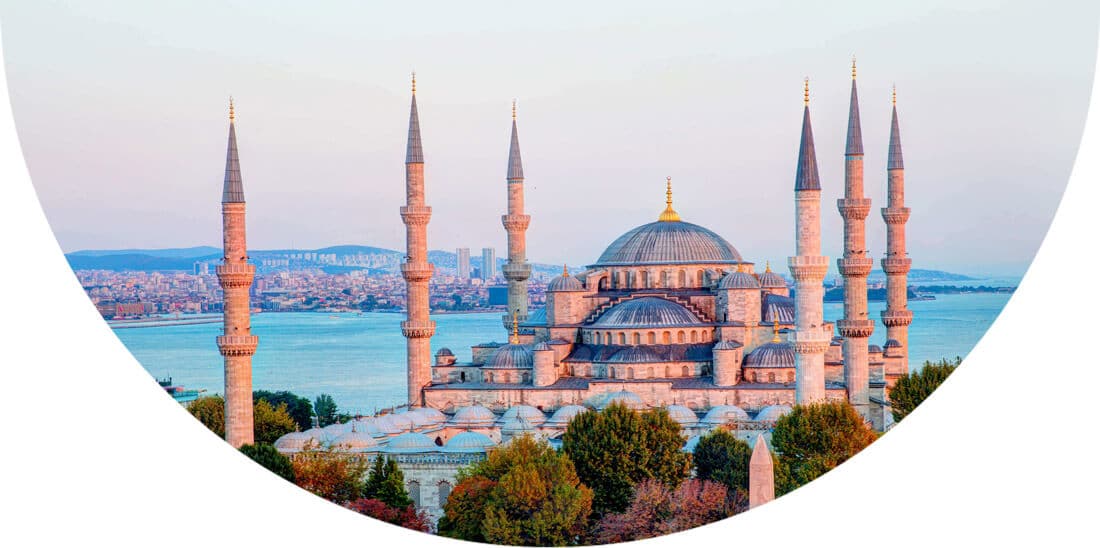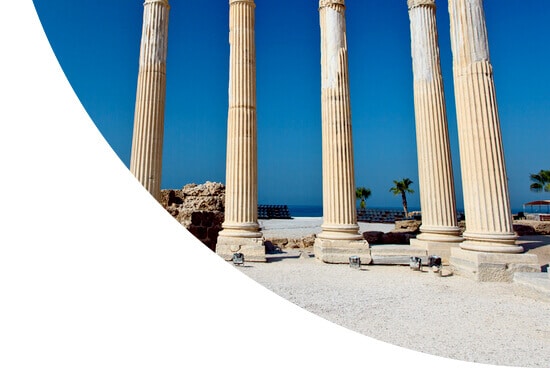Rift Valley fever (RVF) is an acute, fever-causing viral disease that usually affects domesticated animals (such as cattle and sheep), but can also infect and cause illness in humans. The majority of human infections are caused by direct or indirect contact with the blood or organs of infected animals.


Travel Vaccinations for Turkey
Recommended Vaccines for Turkey
The level of protection needed depends on your medical history and travel itinerary. Book now to get a personalised recommendation from our specialist travel nurses. The consultation costs £20 plus any vaccines you decide to take.
Flexible appointments with no upfront payment
Book Now
Destination Information for Turkey
Turkey is a vast country on the Mediterranean, connecting Eastern Europe and Western Asia, and this cultural mix is shown throughout the range of influences within Turkey itself. There are huge cosmopolitan cities and sleepy fishing villages, popular beachside resorts and remote areas of wilderness. Turkey is home to plenty of historically significant sites, and Istanbul, as the country’s largest city, is brimming with mosques and churches as well as bazaars and cafes. The second largest city, and the capital, is Ankara, in Central Anatolia. Whether you’re heading to Turkey on a package holiday to relax and enjoy the weather and beautiful beaches, or you’re an independent traveller keen to explore the less commercial side of the country, Turkey is filled with culture, colour and tradition.
The Turkish people are extremely friendly and welcoming, whether you’re enjoying a traditional Turkish coffee or haggling at a local market or bazaar. High season coincides with the British summer, when resort prices are highest, as is the temperature. For an alternative Turkish holiday, you could head to the mountains inland between October and April, and enjoy some of the various winter sporting opportunities available.
Before you can lounge by the pool, undertake sports and enjoy the sunshine, you should make sure you have been administered with the necessary travel vaccinations before departure. Hepatitis A and being up to date with tetanus is important but there are other disease risks you may need to consider. Visit a clinic 6-8 weeks in advance of your trip for advice on the best ways to stay safe. And for any medical emergencies that vaccines cannot protect against, make sure you have travel insurance, so you are fully covered.
Infections and Outbreaks frequently change from country to country and by attending our clinics you will be given the most up to date clinical and safety advice from our team of specialists. Our advice to you often includes aspects such as:



